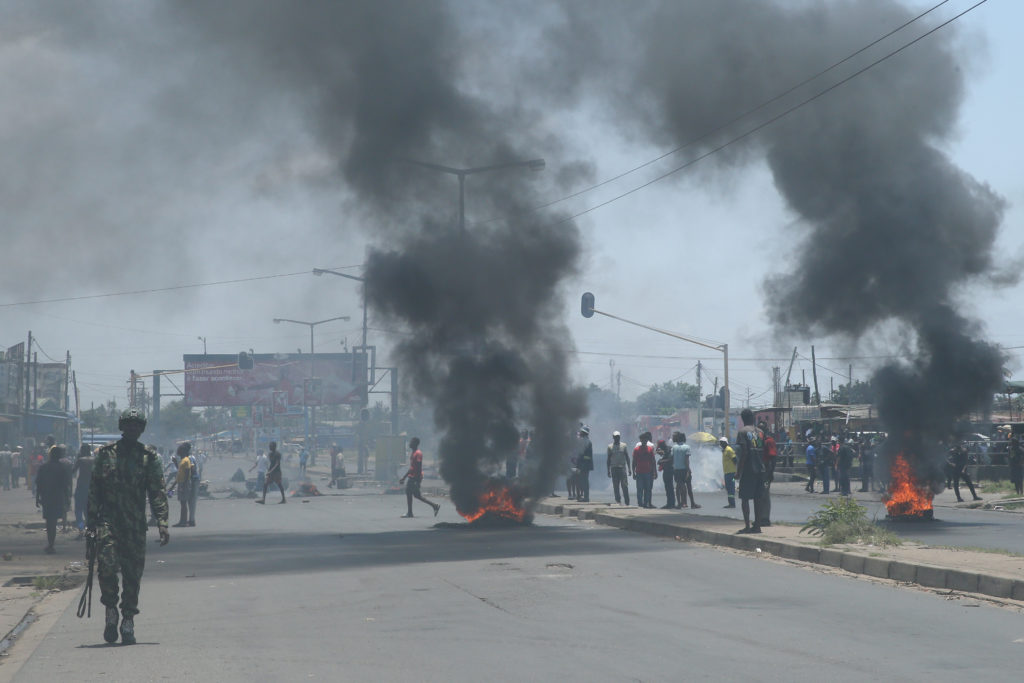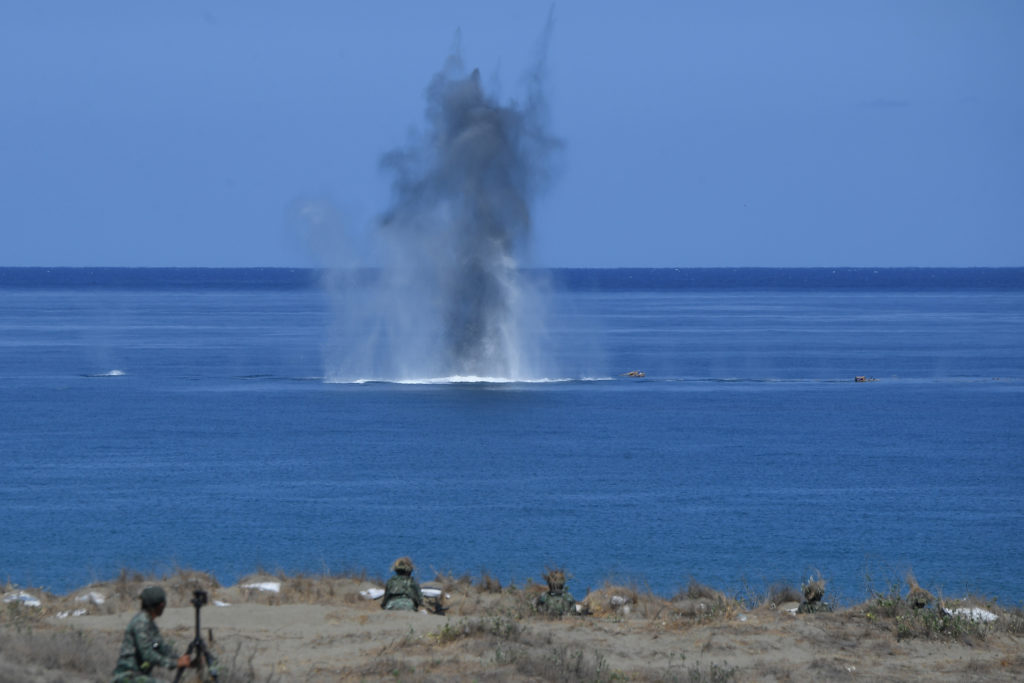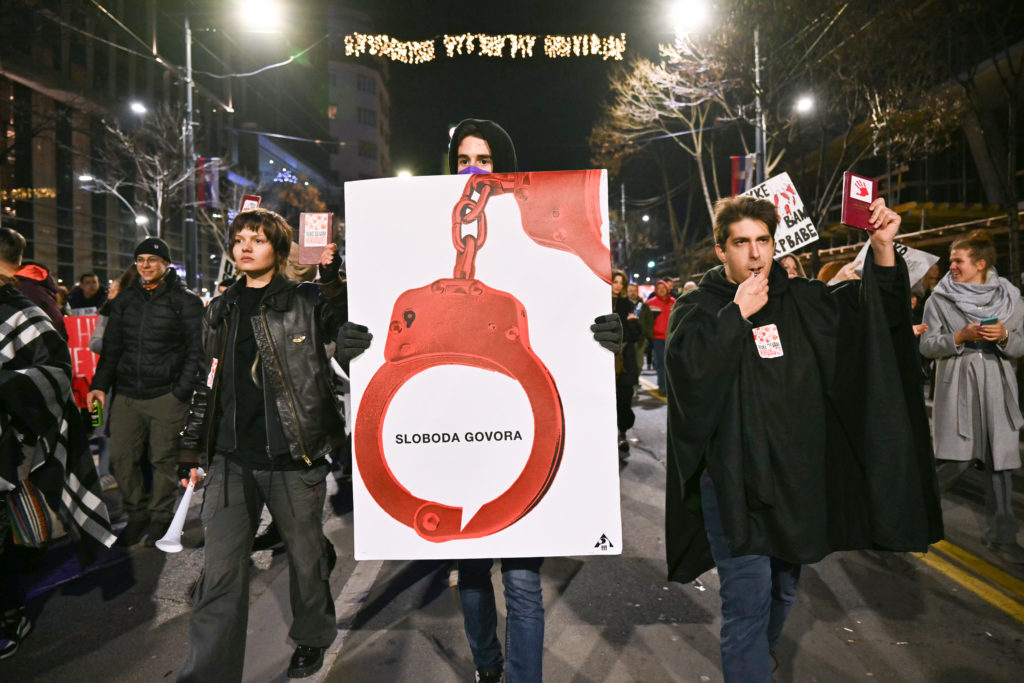The resort has palm trees, sandy beaches and clear water. But the guests are not there to kick back — they are Afghans who have fled to Albania, traumatised and uncertain of their futures.
“I am physically here but my mind is in Afghanistan, in front of my mother, in front of my brother,” Latifa Frotan, a 25-year-old women’s rights activist who fled when the Taliban took over, tells AFP from the northern resort of Shengjin.
Albania promised to temporarily take in up to 4,000 Afghans and has so far housed roughly 700 — most of them women and children — in five-star hotels in tourist hubs.
They sit on deckchairs surrounding the pool, anxiously gripping their phones, trying to contact loved ones who remain in Afghanistan.
“These people have fled terror, they are traumatised and it would be inhumane to put them in camps,” Prime Minister Edi Rama has said.
Unlike in some Western European countries, the Albanian government’s decision to lend a helping hand seems to have proven popular among the people, and no political party has disputed the move.
– ‘Zest for life’ –
The small Balkan country, one of Europe’s poorest, prides itself on being a “land of welcome”.
More than half a million Kosovan refugees were given refuge from the regime of Serbian president Slobodan Milosevic at the end of the 1990s.
And after World War II, Albania’s Jewish population was bigger than it had been before the conflict.
But Albania is also a land of exodus, with more than one million of its citizens having quit the country since the 1990s, most of them seeking a better life in Western countries.
“These Afghans here are like our people, they are like my family,” says Viktor Nrea, who drives an ambulance that has been made available to the hotel complex in Shengjin.
“I understand their pain, I also share the zest for life of their children and it helps me forget the absence of my two sons who are far away.”
But the warm welcome and luxurious accommodation cannot dispel the desperation.
“We are lucky to be here, we have all the facilities we need, but we are worried about our families,” says Frotan.
Some, like journalist Elyas Nawandish, are determined to keep working — even at a distance.
“Two days ago, when I woke up early in the morning, I received a message from my colleagues and boss that two of my colleagues were arrested by Taliban,” says Nawandish, who organises the online coverage for newspaper Etilaatroz, one of the last remaining critical voices in Afghanistan.
“I do not have hope for the future of Afghanistan because we know the Taliban… and I am sure that the coming days will be even harder.”
– ‘After each call, I cry’ –
When information on their home country reaches the groups gathered outside the hotel, it spreads like wildfire.
The news that girls would not be allowed to enrol in high schools caused an anxious stir.
Lina Mommadi, a 36-year-old scientist, shows a photo on her mobile phone of a university classroom where students are separated by a curtain — men on one side, women on the other.
“I have my sisters who had jobs and now they all lost them, and are staying in their rooms,” Mommadi says.
She asks them on every call to show their faces, just to make sure nothing has happened to them. “The tension is huge, after each call, I cry.”
Life is incongruous for the exiles — thousands of miles from home, living at the expense of US NGOs and the Albanian government in a hotel featuring a replica of the Statue of Liberty.
The anxiety of the adults chimes awkwardly with the sounds of children playing ball games or jumping into the pool, or teenagers singing “My Homeland”, a 1990s song about leaving Afghanistan that has become an unofficial anthem of the latest exodus.
Albania is not the final stop in their journey — most of them hope to get to the United States and are waiting for their visas to be processed.
But nothing is guaranteed. As 29-year-old student Parvin Mosaddaddi says, just a few weeks ago they had jobs and futures in Afghanistan with no plans to leave.
“Here, we do not know what our future will be,” she says.










